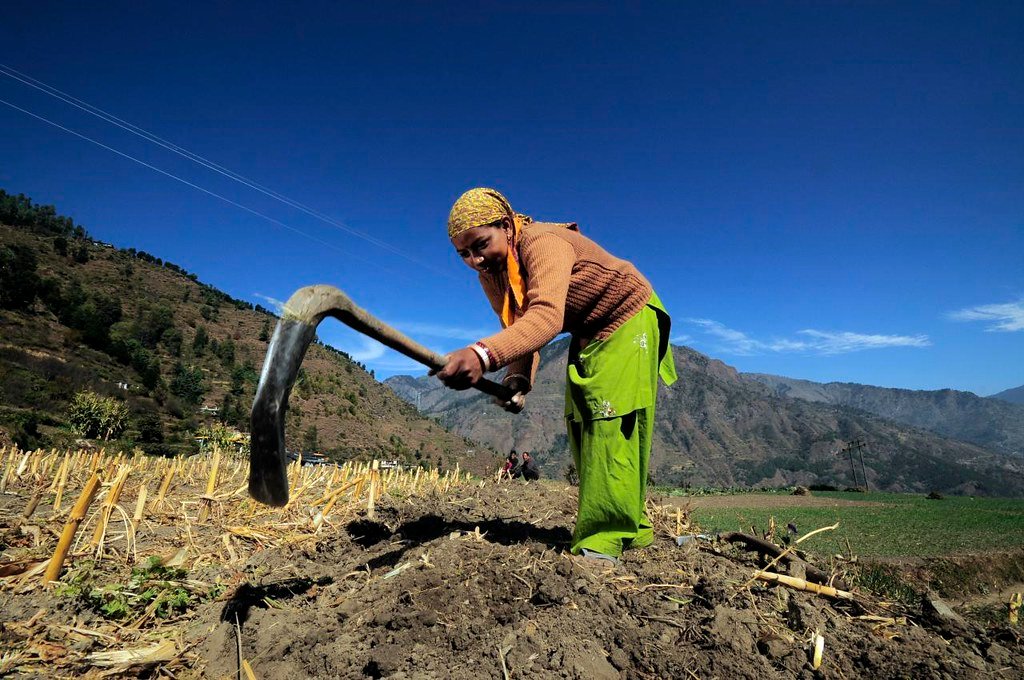Hemp fiber producers in the U.S. betting on Chinese demand could soon find their plans derailed by retaliation tariffs tied to President Donald Trump’s trade war with China.
And while American-grown bast fiber could help fill supply gaps in China’s hemp industry in the short term, China’s long-term farming strategy suggests the window of opportunity would eventually close anyway, according to an upcoming report.
“Tariffs are an obvious, immediate trade risk U.S. producers should be watching,” said Joseph Carringer of Canna Markets Group, co-author of the upcoming North American Hemp Fiber Processing Report, due out in May. “Even beyond that, if the Chinese market is your strategy, you need to revisit your plan.”
Tit for tat
In recent years, Beijing has used tariffs to retaliate against U.S. agricultural exports during periods of trade conflict, targeting raw or semi-processed commodities. Even if hemp has not yet been singled out, it would take little for China to add it to future rounds of tariffs, especially if U.S. hemp exports begin to scale.
Research by HempToday and Canna Markets Group for the new report has shown that some U.S. hemp fiber processors are already selling, or actively looking to sell, hemp fiber to Chinese buyers.
While export volumes remain limited, the interest reflects the situation on both sides of the Pacific. On the North American side, large-scale fiber processors – which can be counted on one hand – are struggling to find markets for their outputs. China, meanwhile, driven by climate volatility, global supply chain disruptions and geopolitical uncertainty, has prioritized protecting farmland for staple food crops like rice, wheat, soybeans, and corn. Industrial hemp is increasingly squeezed out by these policies.
Read more at Hemp Today







